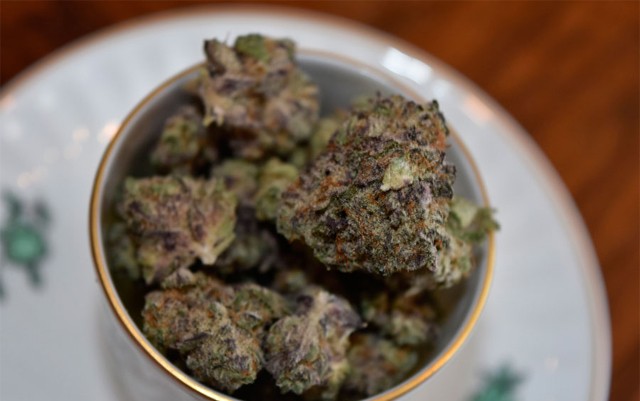While copyright and intellectual property has been debated in the music and movie industries for decades, it’s starting to pick up in the cannabis industry. Proponents of copyright laws and intellectual property feel like they need to have something in place that will protect from their work being stolen and pirated. Those against copyright and intellectual property say that if your music, screenplay, comic book, or whatever is good enough, then you’ll be willing to compete in a marketplace and accept the reality that people will likely get your material for free no matter what you do. Either no one will hear the song, or read the book, or someone will – and then point you in the direction of who produced it.
Regardless of how you feel about intellectual property and copyright law, most cannabis enthusiasts do not realize how close the industry is to this. Cannabis breeders and enthusiasts all over the world have their favorite strains that they or their colleagues developed and they want to patent them, owning them forever. This will allow them to license the strains to other growers, breeders and marijuana businesses. This will in turn, no doubt create a brand new niche for cannabis patent lawyers. While this might help some cannabis businesses, do we really want to throw more money at lawyers? You decide.
The progression of the cannabis industry is inevitable. At some point, cannabis will finally be removed from Schedule I status. Once that happens, big agriculture, the pharmaceutical industry and probably even big tobacco are going to want a piece of the green pie.
As the industry stands right now, basically every single strain that is publicly available for sale becomes open source. Patent law states that you can’t apply for a patent of any kind anything that’s been being sold for a year or more. Cannabis breeders are trying to perfect their best strains, develop better phenotypes, etc., to boost their credibility in the industry. Once the industry moves forward into this new territory, the reality is very clear. There’s not a single grower or cannabis business that will have the power to compete with large corporations. So obviously, strain patents could become integral parts of any new growing operation or cannabis business. And while small time breeders obtaining patents for their best individual strains could protect them from the big corporations, let’s not forget that these corporations will also have the ability to patent their own strains – with the legal and financial muscle to blow any small timer out of the water.
To me, it seems like a double-edged sword that could swing back in the faces of the little guys if they’re not careful. What do you think about patenting strains? Is it a good or a bad thing?







I disagree when you say that no grower will have the ability to compete with big corporations – I disagree. Craft brewers and boutique wineries can compete with the mega breweries and wine giants. In fact, over the past decade, most growth in beer has been in craft and microbrew.
Existing strains of cannabis that have been on the market cannot be patented – they are available for anyone to use freely, and there are some good ones, I do believe. These are akin to “heirloom varieties” of the vegetable gardening world. And small breeders can develop new ones, we know they have the talent.
The big changes are that growers and sellers and consumers will face fewer legal threats, the risk premium is taken out of the price, and competition will further lower prices. It will be a different world, but not necessarily worse. There will be IP issues, just as there is for music, art, and writing. But for most people, new IP issues will not change their day to day the way other things will.
Yes, you’re right. I made an error here. I didn’t mean to say that no small grower can compete, I meant that patented strains could make it harder to do so. Basically my concern is that IP could change day to day issues. That’s perfectly fine that you don’t think so, but there are people that do. As a journalist I try to stay as objective as possible and allow the reader to formulate their own opinions based on the information given. Thanks for your comment. I look forward to hearing more from you on other posts.
I had not thought about this, but you are right. Once big companies get involved our favorite strains will be super-sized and full of gross chemicals, not to mention altered just because they can. I imagine there this is the best opportunity to create some laws (think Italy) to keep our crops clean and pure.